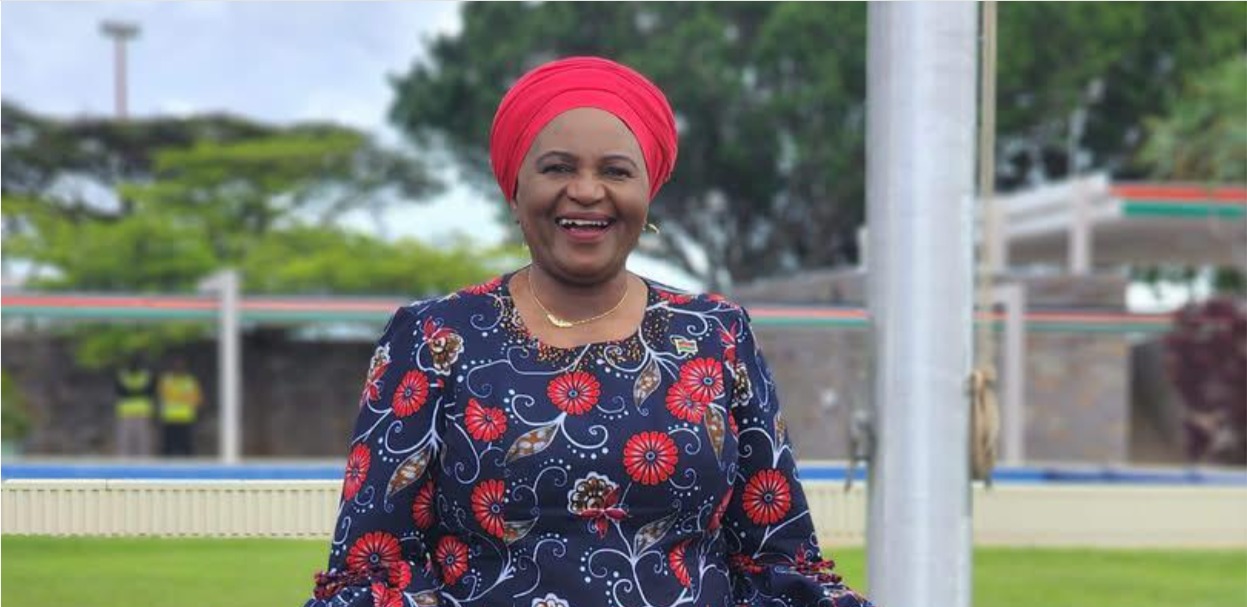E-commerce giant QNET signs deal to tackle deforestation in Kenya

Asian e-commerce giant QNET has partnered with EcoMatcher to increase forest cover in Kenya amidst increasing illegal logging activities in the country.
The partnership dubbed ‘The Green Legacy Initiative’ is an active action plan to reforest and afforest key areas of Africa including Kenya.
The move comes in the wake of Kenya losing 70,000 hectares of forest each year according to a new report by Sentry.
In the report dubbed ‘Kenya Illicit Finance Risk and Assessment’, sandalwood, a highly profitable endangered species, is trafficked to Uganda and back to Kenya before being shipped overseas.
The illicit wood trade has been linked to cartels and corrupt public officials.
According to The Food and Agriculture Organization of the United Nations (FAO) Kenya faces high rates of deforestation which endanger both its fauna and flora. It has been estimated that since Kenya’s independence in 1963 the forest cover has dropped from 10 percent of the nation to 6 percent.
FAO further reveals that the largest area of forest cover in Eastern Africa is in Sudan, with 46 percent, followed by Tanzania with 29 percent and Kenya with 13 percent. The remaining 12 percent is located in the rest of the sub-region.
The new tree-planting initiative reiterates QNET’s commitment towards sustainability as actively planting trees protects nature and helps improve local ecosystems as well as generate sustainable agro-forestry livelihoods for local communities.
Through this partnership, QNET has launched the first phase of the Green Legacy programme by planting forests comprising 3,000 trees in the UAE, Kenya and the Philippines.
More than planting trees, the initiative is changing lives and supporting socio-economic development of the communities where the forests are planted and of course, reversing climate change in the process—building a legacy so to speak.
Forests make up the most cost-effective solution for mitigating climate change.
The United Nations’ Sustainable Development Goals (SDGs) identify reforestation and sustainable forest management as key to combating climate change.
It should be noted that, Kenya is one of the least forested countries in Africa, with only 7% tree cover, equating to just 67 trees per person, compared to a global average that’s around 420 trees for each country.
Conservation efforts have been lacking while charcoal burning by locals and land clearing for agricultural activities.
“With Tree4Kenya’s initiative, we seek to have our major role in transforming Kenya’s carbon footprint and QNET is keen on building sustainable communities across Africa by driving,” noted East Africa Regional Coordinator for QNET Mr. Muqtadir Suwani.
This year’s COP26 Climate Summit in Glasgow saw more than 100 global leaders commit to end and reverse deforestation and land degradation by 2030, as a global solution to reverse the devastating effects of climate change.
In Kenya, the QNET forest is being planted in the degraded forest lands of Embu County in Eastern Kenya.
“To say we are planting trees is perfunctory. Our commitment to reforestation in these communities goes much deeper. We are in a long-term partnership to ensure these forests thrive long into the future while meeting the needs and desires of each community. QNET is building a Green Legacy to protect the planet for all of us,” QNET CEO Malou Caluza said.
She added that moving forward, the firm will work closely with EcoMatcher and other environmental organisations to identify the global footprint of the QNET forests over the next few years.
This is in fact QNET’s basic approach, to build sustainable communities by engaging with locals at every level possible. The grass-roots approach to development and societal contribution toward humanity is a fundamental pillar of the company’s social endeavor.
“With heightened consumer awareness on environmental issues, companies need not wait for their customers’ demands; they can take steps themselves in order gain competitive advantage by being seen as leaders who care about what happens beyond our borders and within them too,” said Mr. Suwani.







